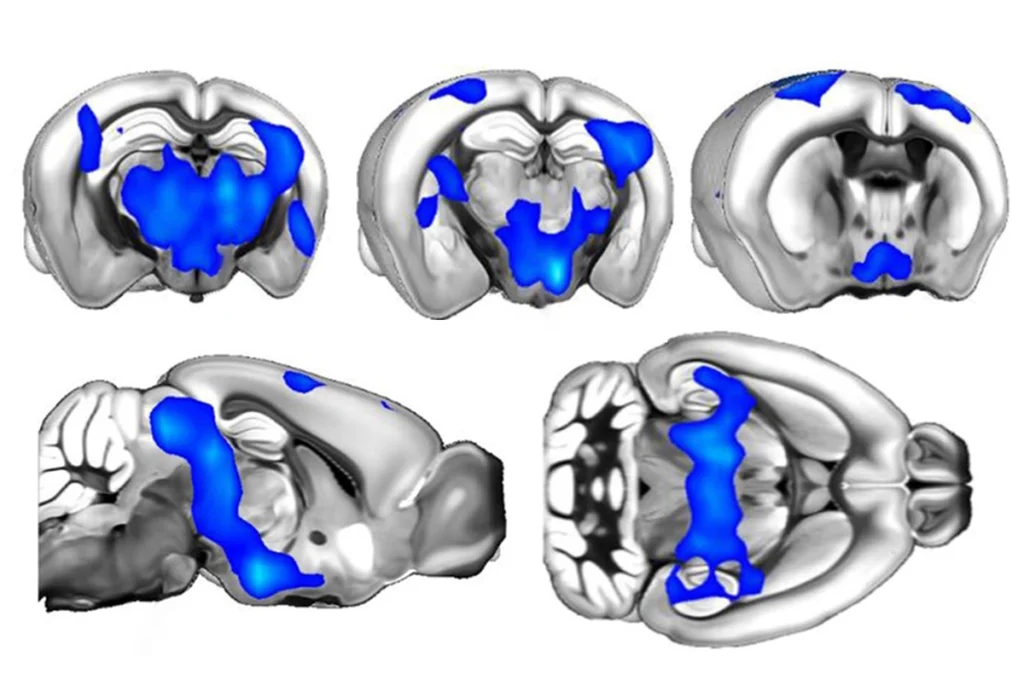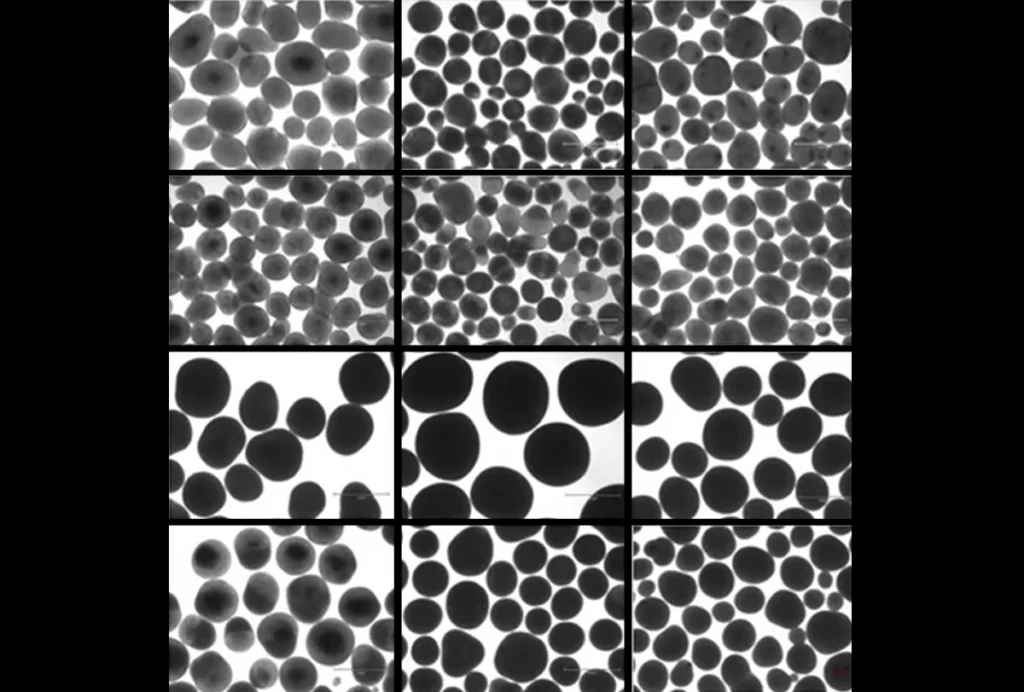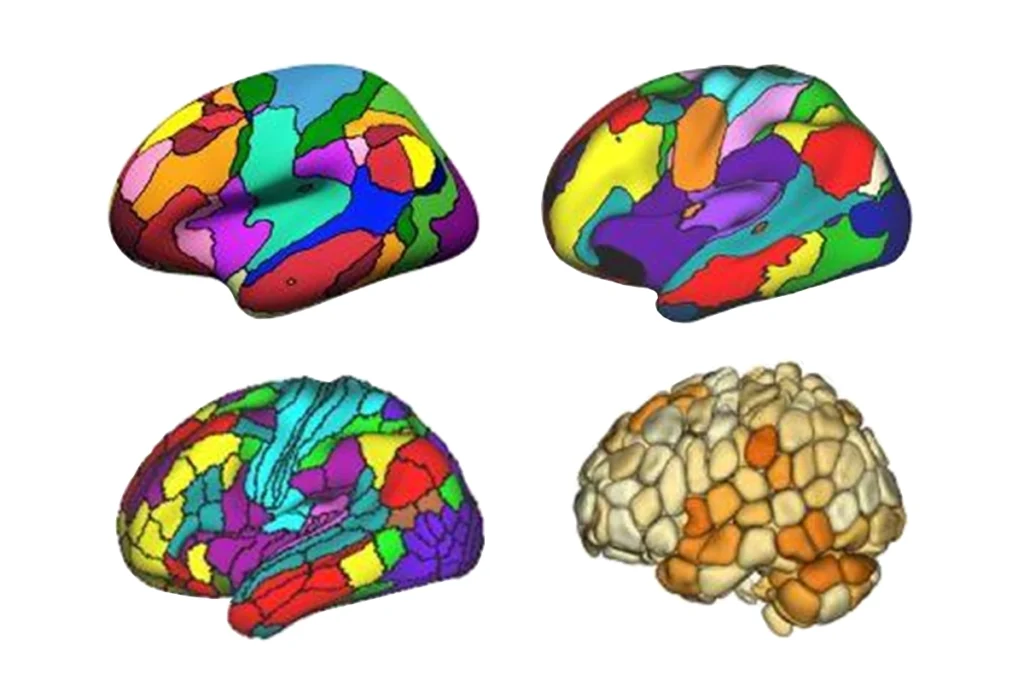
Mom’s immune markers flag autism with intellectual disability
Pregnant women with elevated levels of certain immune molecules are at increased risk of having a child with both autism and intellectual disability.
Pregnant women with elevated levels of certain immune molecules in their blood are at increased risk of having a child with both autism and intellectual disability, according to a new study1.
The immune profile of a pregnant woman who later has a child with autism and intellectual disability is distinct from that of a woman whose child has autism or intellectual disability alone, the study shows. The findings suggest that autism with intellectual disability is a unique condition.
A growing body of evidence indicates that altered immune system function in either a mother or her child affects the child’s risk of autism. The new work, which appeared in May in Molecular Psychiatry, is among the first to analyze immune factors in relation to autism subgroups. It is also the largest autism study to date that measures levels of immune molecules in pregnant women.
“Really being able to separate [groups] at the phenotype level is one of the most novel pieces of this,” says study leader Judy Van de Water, professor of clinical immunology at the University of California, Davis.
Pinpointing the immune factors at play in particular forms of autism is critical, because these forms may have distinct causes, says Brian Lee, associate professor of epidemiology and biostatistics at Drexel University in Philadelphia, who was not involved in the work. “That is actually a really important part of the puzzle,” Lee says.
Immune indicators:
Van de Water and her team analyzed blood samples collected from women during weeks 15 through 19 of pregnancy as part of a California birth defects screening program. By combing records from a state children’s services agency, they found 415 children with autism born to these women.
Of this group, 201 children had intelligence scores in the typical range and 184 had intellectual disability. The researchers also identified 188 children with intellectual disability but not autism. They compared blood levels of 22 cytokines and chemokines — molecules involved in immune-cell communication — in the mothers of these children with levels in the mothers of 428 controls.
The results showed that levels of these molecules in the mothers of children with autism are no different, as a group, from those in mothers of children with intellectual disability or mothers of controls. But mothers of children with both autism and intellectual disability have a distinct immune profile.
High levels of 4 immune molecules during pregnancy distinguish these women from the mothers of controls, 9 separate them from mothers of children with only intellectual disability, and 12 from mothers of children with autism alone.
Elevated levels of two immune markers, known as IL-8 and MCP-1, are associated with a decreased risk of autism and of intellectual disability. Earlier this year, the researchers linked high levels of the inflammatory marker C-reactive protein to decreased autism risk2.
Inflammatory idea:
Many of the molecules elevated in mothers of children with both autism and intellectual disability are ones that should decrease during the second trimester.
“The big message here is you see things that should be downregulated at this point in gestation, and they’re not,” Van de Water says. “And they’re elevated above every other group.”
The result indicates that inflammation plays a particularly important role in autism with intellectual disability.
It is not clear which of the elevated cytokines and chemokines drive changes in neurodevelopment. “At this point, we are stuck with a lot of associations,” says Dan Littman, professor of molecular immunology at New York University, who was not involved with the work. “And whether any of these can at some point be predictive is really unclear.”
Van de Water and her colleagues plan to study cultured human neurons to tease apart how particular cytokines, chemokines and combinations of the molecules affect nerve cells. The researchers have also analyzed blood from the women in the study for genetic markers associated with autism risk, and for autoantibodies to fetal brain tissue, but these data are not yet available.
Researchers must replicate these associations and establish causal relationships before looking at them as biomarkers or drug targets, experts say. “We are so far away from this actually being [clinically] useful,” Lee says. “This is the exciting thing and the frustrating thing about all of this.”
Recommended reading

Building an autism research registry: Q&A with Tony Charman

CNTNAP2 variants; trait trajectories; sensory reactivity

Brain organoid size matches intensity of social problems in autistic people
Explore more from The Transmitter

Cerebellar circuit may convert expected pain relief into real thing

